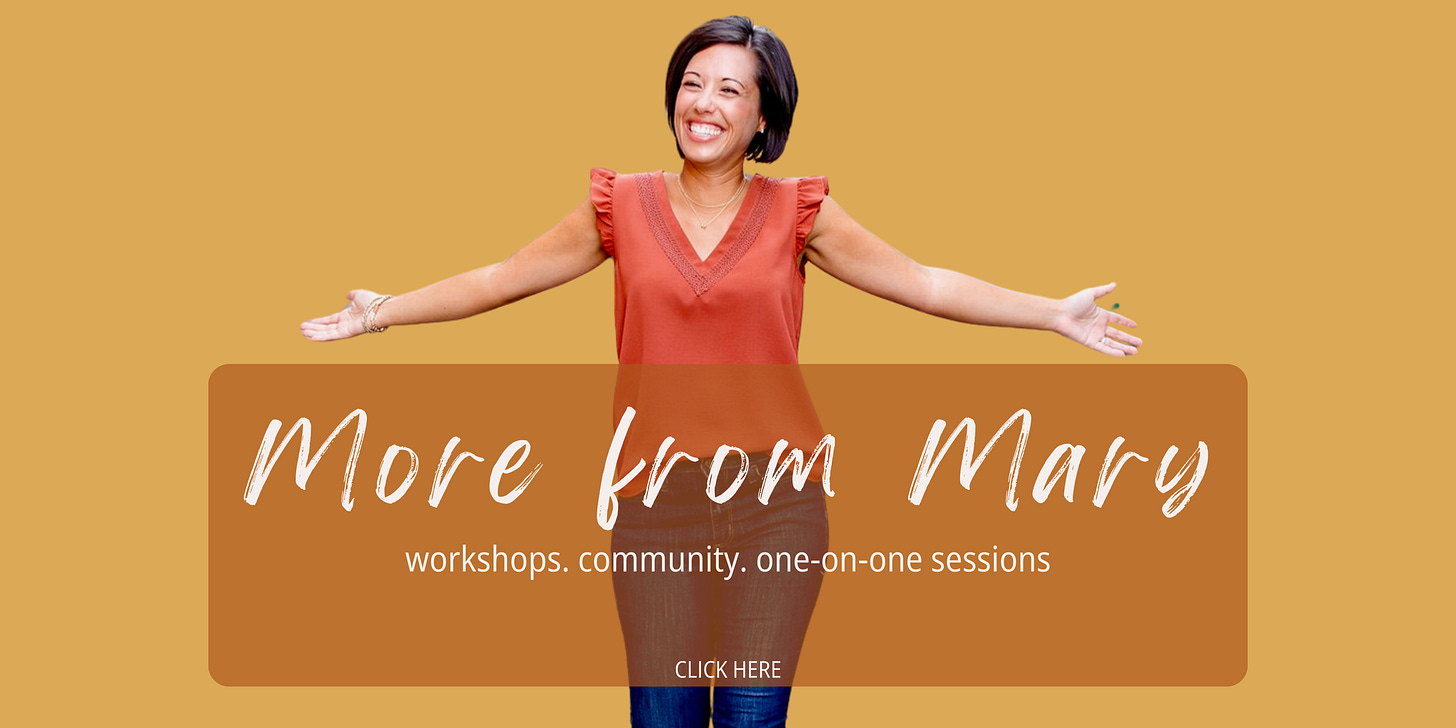Protecting Your Energy Reserves
A client's story that will change how you think about summer invitations...
Hi friends,
I want to tell you about Sarah (name changed), a client who came to me three weeks into summer, completely exhausted.
"I don't understand," she said. "Everyone says summer should be relaxing. Instead, I feel like I'm drowning in expectations."
Sarah's schedule that week:
Monday: Neighborhood BBQ (stayed 4 hours, came home overstimulated)
Tuesday: Hosted dinner party (house prep stress, social anxiety through the roof)
Wednesday: Extended family gathering (3 hours of managing dynamics + expectations)
Thursday: Work team pool party (networking pressure, social exhaustion)
Friday: "Recovery day" that turned into catching up on neglected tasks
Weekend: Already committed to two more social events
Sound familiar?
Sarah had fallen into what I call the summer yes spiral—saying yes to everything because it seemed like she "should" have more capacity.
The question that changed everything
I asked Sarah one question that shifted her entire summer:
"What would it cost you to say no to half of these invitations?"
Her immediate response: "People would be disappointed."
My follow-up: "What is it costing you to say yes to all of them?"
Long pause. Then tears.
"My peace. My patience with myself and others. My ability to enjoy anything. I'm so busy managing everyone else's summer expectations that I'm missing my own life."
The energy audit breakthrough
We created what I now call the 4-question energy audit:
1. What will this actually require from me? (Include prep, travel, social energy, recovery time)
2. What do I hope to gain? (Connection, joy, rest, fun—be specific)
3. Am I saying yes from excitement or obligation? (Honest gut check)
4. What will I have to sacrifice to make this work? (Rest, family time, other priorities)
If questions 1 and 4 outweigh questions 2 and 3, it's a no.
Sarah's transformation
The next week, Sarah used this audit:
Pool party invitation:
Required: 2 hours of prep, 4 hours at event, managing social anxiety, post-event energy crash
Hoped to gain: Professional networking, relaxation
Honest check: Pure obligation (felt pressure to attend)
Would sacrifice: Quiet Saturday morning, energy for personal creative project
Her response: "Thanks for thinking of me! I'm keeping this Saturday low-key, but hope everyone has a great time."
The result? She spent the morning working on a photography project she'd been putting off for months, then took a long walk listening to a podcast.
"It was the first time all summer I felt like myself," Sarah told me.
The compound effect of energy protection
When Sarah started protecting her energy:
Week 1: She had capacity for evening wind-down routines again Week 2: She planned a solo weekend trip she'd been wanting to take
Week 3: She said yes to coffee with one friend—and genuinely enjoyed it Week 4: She stopped feeling guilty about quiet evenings at home
This is what happens when you stop leaking energy everywhere and start investing it intentionally.
Your energy protection toolkit
For family gatherings: Create your exit strategy before you arrive. Sarah started saying: "We're so excited to see everyone! We can stay until 3pm." Non-negotiable, stated upfront.
For work social events: Ask yourself: "Is this networking essential or social pressure?" Sarah started being selective about which professional events truly served her goals.
For personal invitations: Get specific details: "What's the vibe? How long do these usually run? Will I know other people there?" Information helps you make real decisions, not fantasy ones.
For last-minute invitations: Sarah's new rule: "That sounds fun! Let me look at our weekend and get back to you tomorrow." 24 hours to check in with her actual energy levels.
For the guilt spiral: When guilt hits, Sarah asks: "Who benefits when I show up depleted?" The answer is always: nobody.
The ripple effect
Sarah's relationships improved because she was more present when she chose to engage. Her work performance got better because she wasn't constantly drained. She started sleeping better because her nervous system wasn't always activated.
Most importantly, She started enjoying summer.
A different way to think about availability
Here's what Sarah learned (and what I want you to know):
Your energy is not community property.
Other people can't see when you're running on empty. They can't feel your overstimulation. They don't know you've been "on" for everyone else all week.
Only you can protect what only you can feel.
When you guard your energy like the precious resource it is, you don't become less giving—you become more intentional about where you give.
What would change for you?
I'm curious: What would become possible in your life if you protected your energy the way Sarah learned to?
Maybe you'd have energy for that creative project again. Maybe you'd enjoy social gatherings instead of enduring them. Maybe your colleagues would see a focused, present version of you instead of someone running on fumes.
What would your summer look like if you stopped being available to everyone and started being available to what actually matters?
Think about it. Really think about it.
Talk to you soon,
Mary




